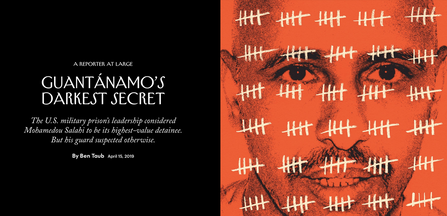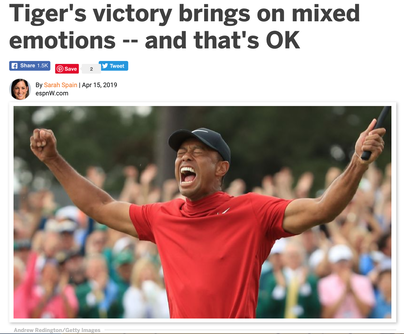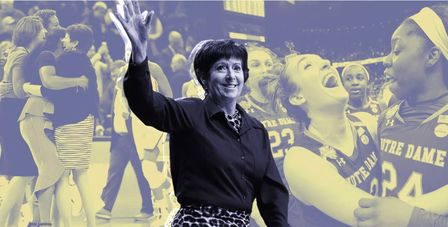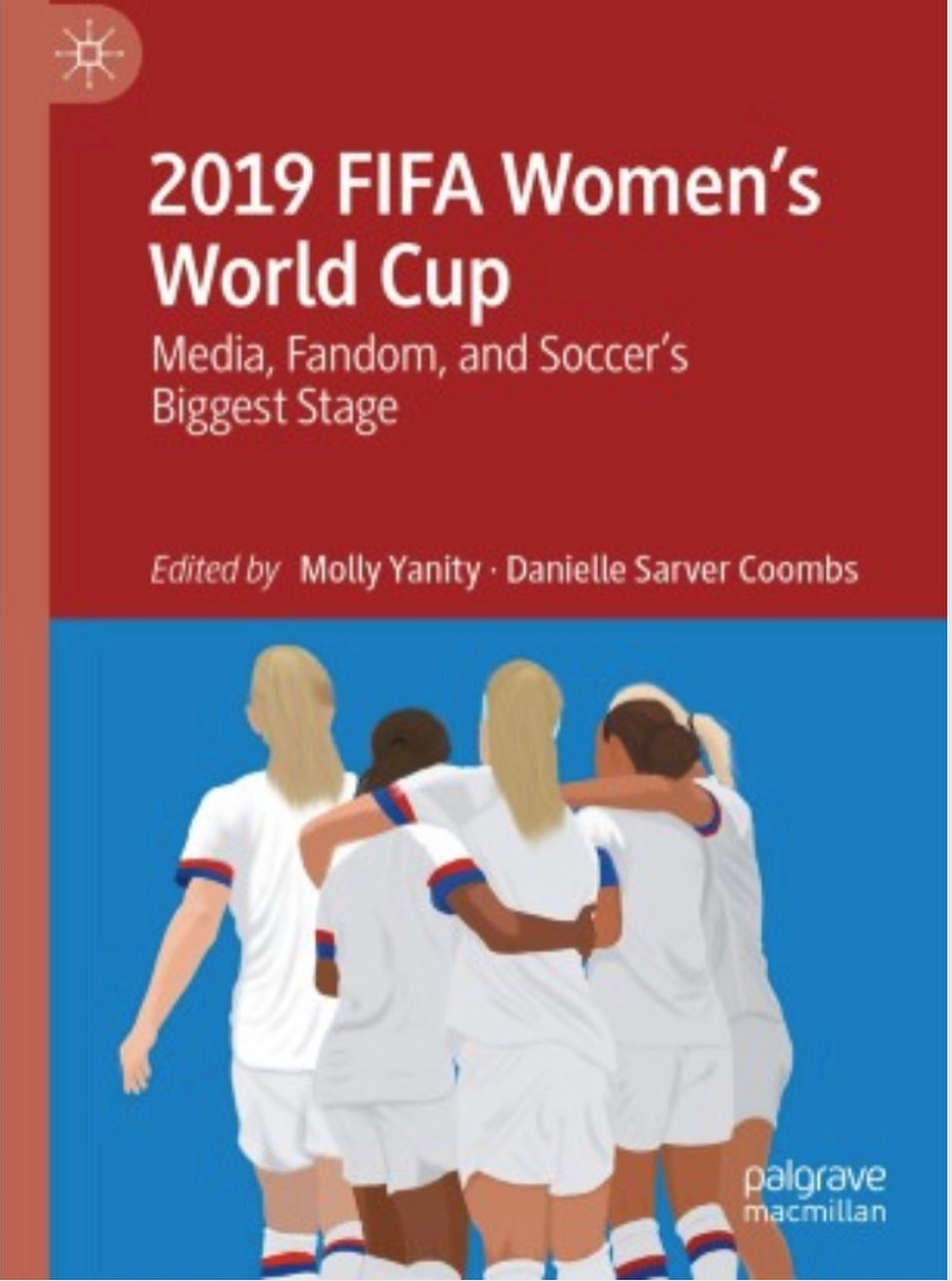 This is long, so you might want to listen to it. The New Yorker has graciously provided the audio for you. For me, though, part of the beauty of this entire exercise is the fact I get to sit down and actually read something, then share it with you. And, -- again, at least for me -- experiencing spellbinding reporting is something I find to be absolutely beautiful. This story made me feel -- sympathy, conflict, warmth, sadness, loss, confusion. It taught me things I didn't know. And, it made me ashamed. It also made me ask myself repeatedly, how did the author know what he knew? It's a question great reporters force upon us, then answer with their reporting through sources and documents. Ben Taub is one of the best. And, in this article, he shows us why.
0 Comments
 On Sunday afternoon, Tiger Woods -- the most iconic and best golfer of my generation -- won The Masters Tournament for the first time in 14 years. It was his first major championship in more than a decade. I'm not a big fan of watching professional men's golf despite having a healthy respect for the athletes. Personally, I love to golf, but watching it does nothing for me. But, 15 years ago, Woods made it wildly entertaining. In 2009, Woods' personal life imploded, though it was first reported as a "car wreck" in his own Orlando driveway. Well, he did crash his car... at the end of his driveway... while attempting to escape his golf club-wielding wife. Within hours, news reports outed Woods as a chronic philanderer with the details of his cheating revealing... ick. It was bad. On top of it all over the next years, he came across as an insincere, self-centered asshole at worst, an enigmatic, troubled, socially-stunted prodigy at best. Then... he won, again. Out of seemingly nowhere. Just like Tiger used to do -- the mental toughness, the amazing shots, the fist pump. Though, the sight of Woods hugging his children at the triumphant end nearly produced a gag reflex for me -- I'm just not a fan of kids as props for the cameras -- there was something about the rest of it that made me happy for Woods, that just oozed redemption and excitement. But, I couldn't shake the utter disgust, the disappointment, the "he doesn't deserve this" feelings. I had already spent too much time untangling my mess of feelings when I came across Sarah Spain's short, direct and perfectly-timed ESPN column. It was perfect. It's the best thing I've read this week.  March Madness is whittling down to the Final Four, which tips off Friday in Tampa, as well as in Minneapolis on Saturday. One of the most accomplished coaches left in the field is Muffet McGraw, who has led two of her Notre Dame teams to the national championship. (The Fighting Irish face Stanford tonight for a trip to the semifinals.) My friend Lindsay Gibbs of ThinkProgress went to South Bend, Indiana in February to report on an interesting phenomenon on the Irish bench -- the fact that all the coaches are women. It turns out that no one may be more aware of a scale-tipping inequality in college coaching. In women's basketball, about 40 percent of the coaches in NCAA Division I are men. Of course, there are zero women coaching in men's basketball. (There is one female assistant in DI men's hoops -- former WNBA player Edniesha Curry at the University of Maine.) This is a well-written that is thoroughly reported. The numbers are staggering, and it wasn't just McGraw's blunt response: Asked whether she plans to ever hire a male coach again, she doesn’t hesitate: “No.” You will learn something by reading this article. |
2019 FIFA Women's World Cup: Media, Fandom, and Soccer's Biggest Stage is available online and in hardback from Palgrave Macmillan.
Molly Yanity, Ph.D.
|


